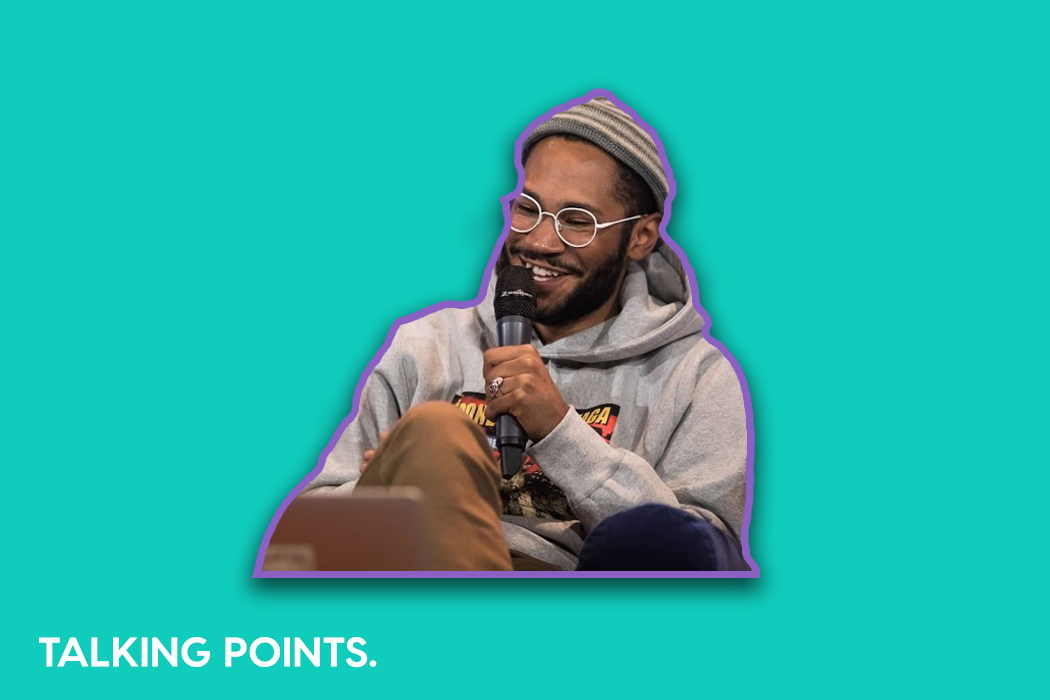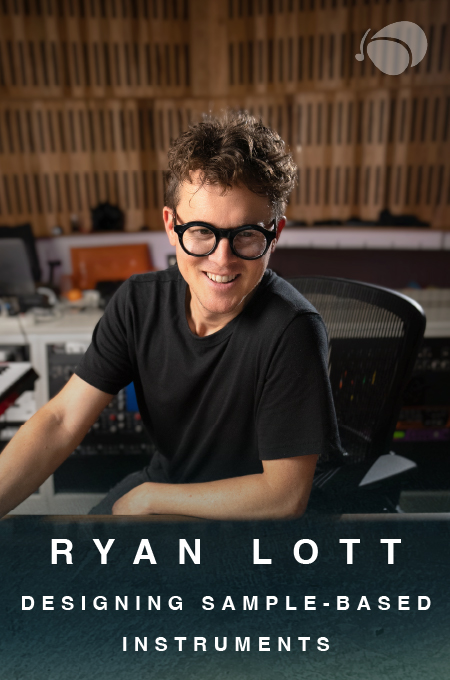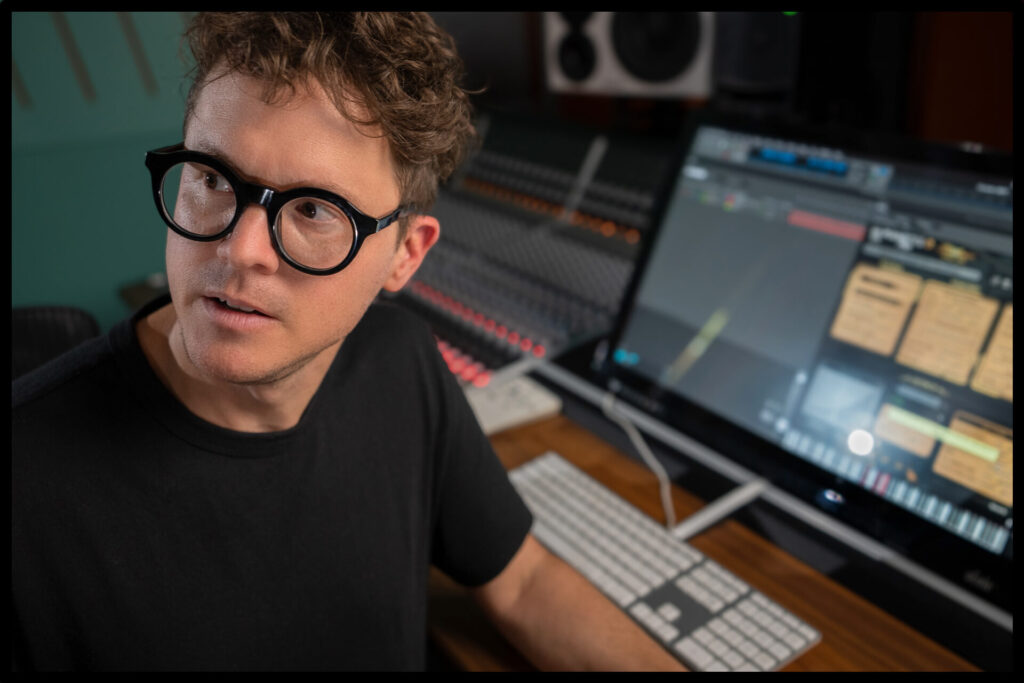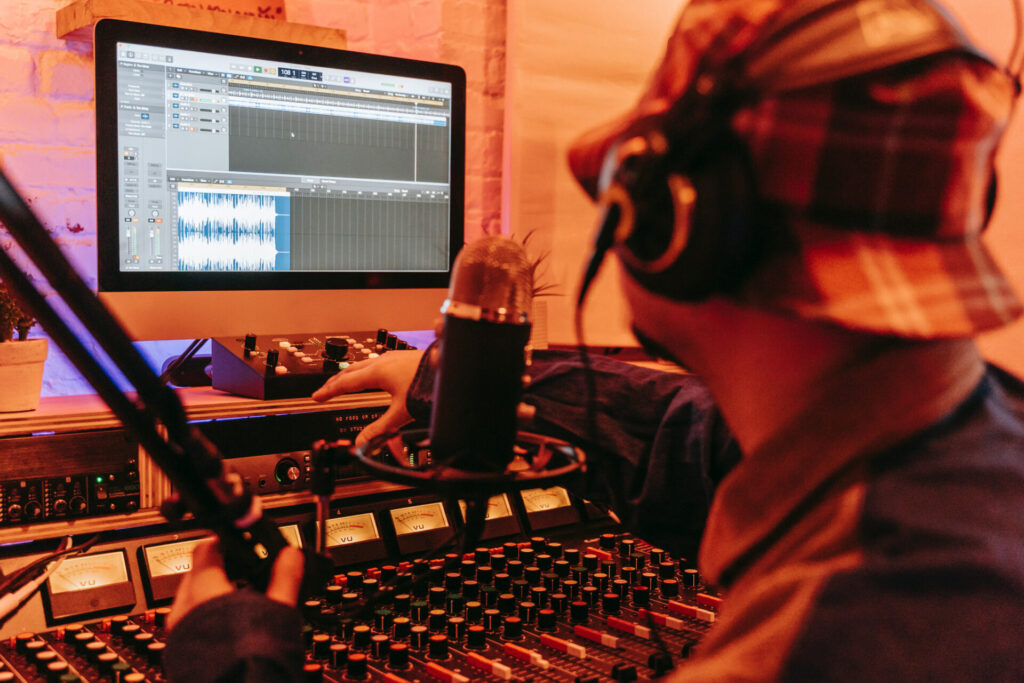
+ Learn the nuances of producing beats, arranging tracks, and creative sampling, drawing on the history and influence of hip-hop in Soundfly’s The Art of Hip-Hop Production.
Welcome to our brand new column, Talking Points, where in each post, we revisit a lengthy lecture or Q&A with the greatest minds in music production and composition, and elucidate the most interesting details or concepts mentioned by each guest in order to gain a fresh perspective on the topic in question. In other words, we’ll extrapolate the talking points. Follow along with the series here.
Today on Talking Points, we tune back in to Haitian/Canadian producer and beat maker Kaytranada’s (Louis Kevin Celestin) interview at the 2016 Red Bull Music Academy event. He talks a lot about his journey, his interests, and the realities of his life that helped him become the artist he is today, but out of all that background, some casually profound statements on personal music-making practice are revealed. It’s a long talk so we’re gonna summarize some of the most interesting things in the interview, and glean a few recommendations from his working methods.
01) You’re your own best judge (of grooviness).
The interviewer asks Kaytranada if he has some kind of test for how “danceable” his beats are while he’s making them, a reference to check against like dancing to them himself or watching others dance to them, and that’s a great question. His response was that he often feels it in the back of his neck, but also that he has to be able to groove along with it while he’s making it.
He goes on to say that he has to be having fun while he’s making a beat, in order for the beat to be fun. In its simplicity, this is in fact profound. Music is a form of communication that goes beyond words and pre-meditated/over-edited thought. There’s an aspect of music that transmits as pure emotion. What you put in is often very similar to what someone gets out of a track, and all the overdubs and mixing tricks in the world can’t take that away.
02) Use what’s around you.
Kaytranada reflects a lot throughout this talk about how growing up, his family never had a lot of money. When his parents separated, his father moved out and he took the turntable away, so even listening to music was difficult at times. But he and his brother would use free downloadable software and an electric keyboard (eventually a piano came into the household) to make beats and simple raps, and they never felt limited by the possibilities.
It just goes to show that artists make the work, not the gear. Use what’s around you. If you can’t afford or can’t access what others have, and play around to find ways to make it your own. Later, when you’ve got more instruments and options around you, your music will remain a truer reflection of your vision.
03) Find your community, and immerse yourself.
When he was growing up, Kaytranada recalls that due to his parents’ strict rules, he couldn’t really go out to see live music or concerts until he was 19 years old. By that time though, he had already been listening to music for many years at home, and refining his tastes, so when he finally had the chance to go seek out a musical community, he knew what he was looking for. This led him to various producer scene meet-ups and “open mic” style parties, where beat makers could share their work and meet each other.
Working in a vacuum is okay, but it can be potentially life-changing to find and meet others who dig the same music as you, those who are coming up at the same time as you so you can share that community of peers, and especially those who are further along in their journey and can be mentors as you grow and learn yourself.
04) “Swing recognize swing.”
Out of nowhere, Kaytranada dropped a hilarious notion, that in the rap and beatmaking scene, if you got the swing, you take note of everyone else out there who can make a beat shuffle. That’s why he gets calls from Andre 3000, and why he’s developed a working friendship with artists like Anderson.Paak and The Internet, as well. I’m not sure there’s a piece of advice buried in this but, what it makes me think of personally is just the idea that if other artists are making music that floats in the same orbit as yours, don’t be shy to reach out and network! Competition is kind of stupid in music, so turn that mutual interest into collaboration instead. “Swing recognize swing.”
05) There are no shortcuts to discovery.
Lastly, Kaytranada recently took a trip to Brazil and just spent hours upon hours crate-digging for the freshest sounds he’s never heard. He mentions that it’s so easy to just go to YouTube or elsewhere on the internet to find samples to flip into beats. But if you really want to discover new sounds, expand your horizons and put yourself into unpredictable creative contexts, you gotta travel and explore the unknown.
When you open yourself up to discover new sounds and sources of inspiration, it may be what ends up invigorating a new chapter in your creative career leading to new opportunities and audiences.
Want to get all of Soundfly’s premium online courses for a low monthly cost?
Subscribe to get unlimited access to all of our course content, an invitation to join our members-only Slack community forum, exclusive perks from partner brands, and massive discounts on personalized mentor sessions for guided learning. Learn what you want, whenever you want, with total freedom.




